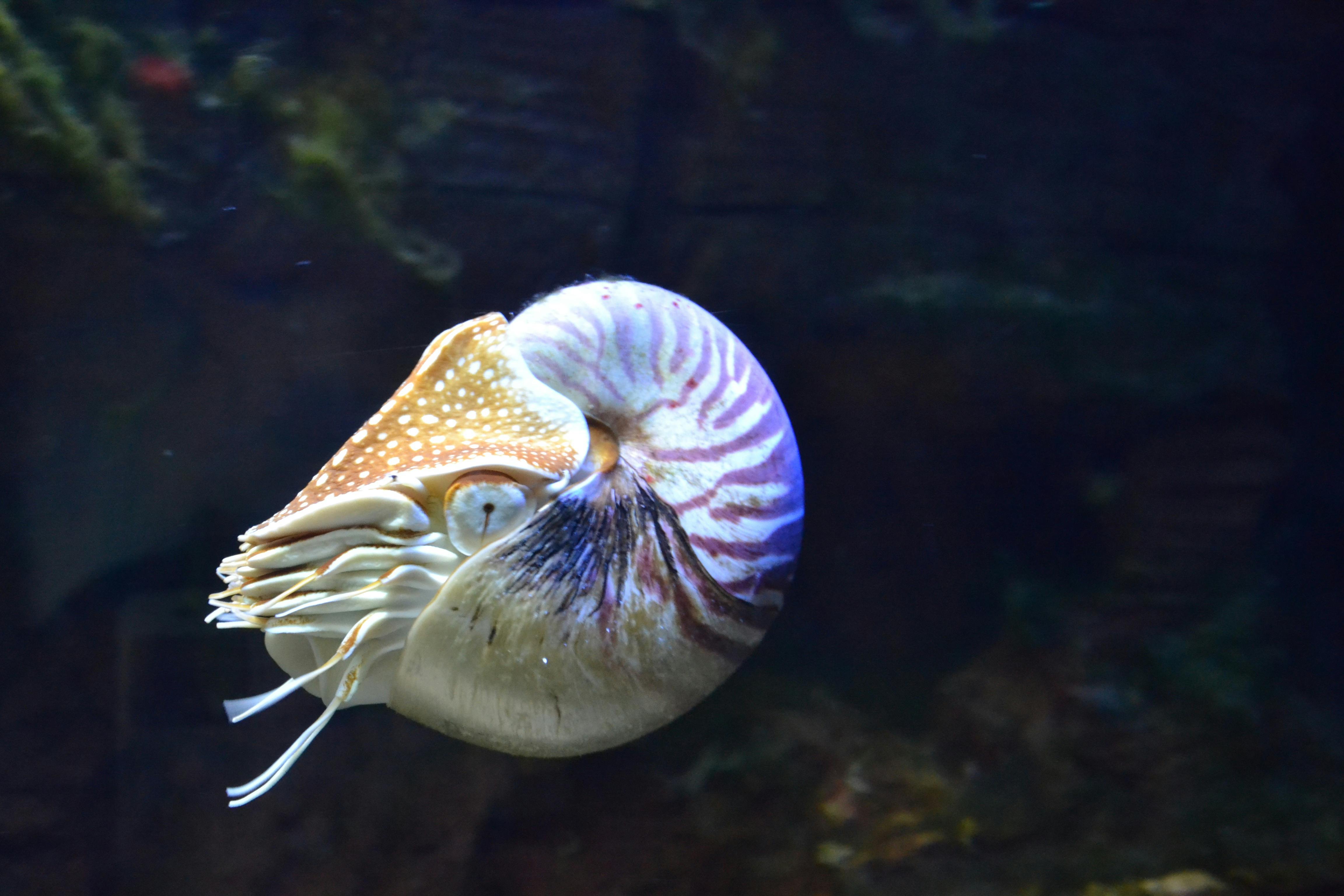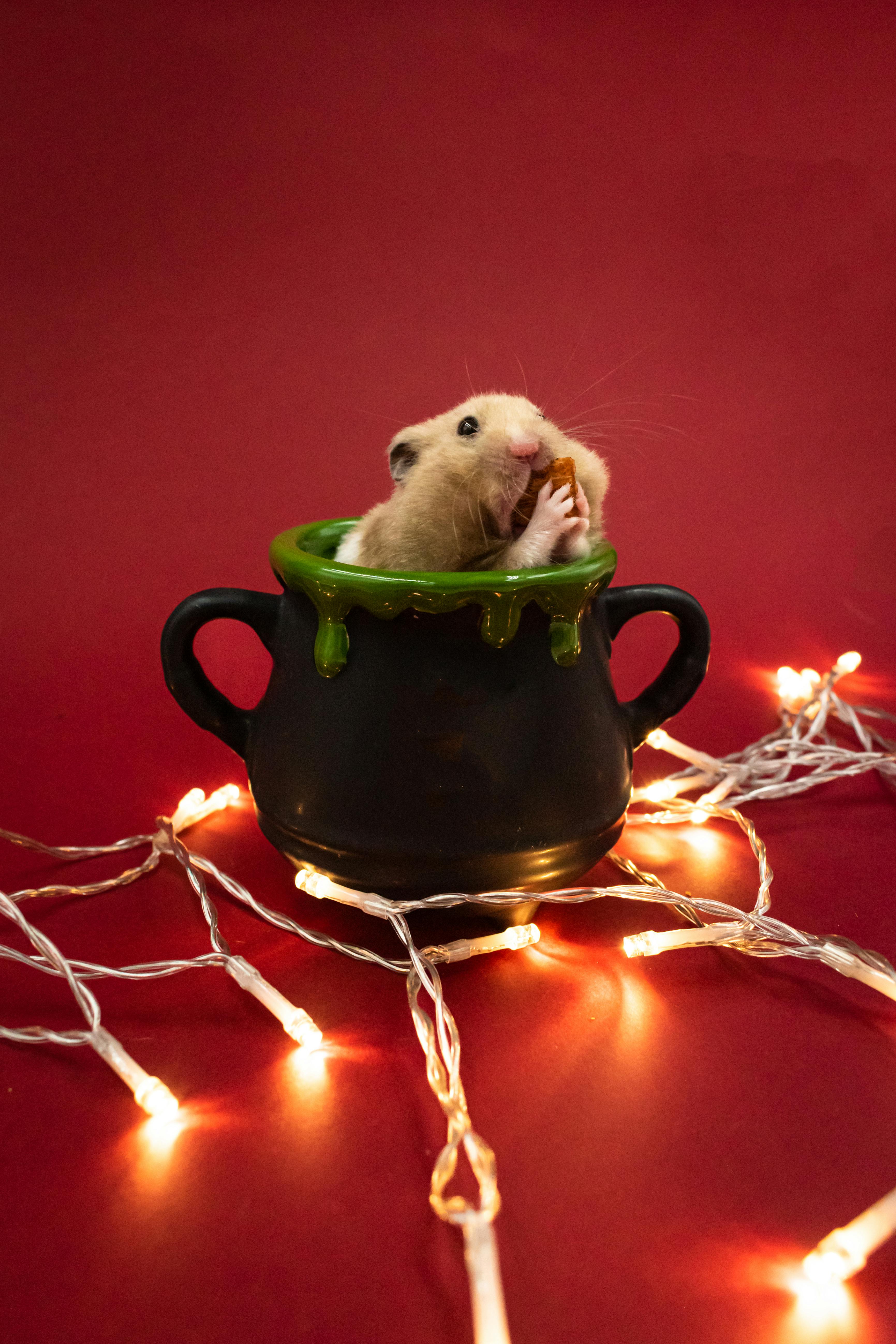
Simple Guide to Caring for Baby Jack Rabbits in 2025
Caring for baby jack rabbits is a rewarding experience that requires knowledge and commitment. These adorable creatures have unique needs that must be met to ensure their health and well-being. Understanding the basic principles of baby rabbit care, such as habitat, diet, and behavior, can help new pet owners provide the best environment for their playful companions.
Jack rabbits, a common sight in many regions, often capture the hearts of animal lovers. However, many people are unaware of the specific requirements needed to successfully raise these animals as pets. In this guide, we will explore essential aspects of baby jack rabbit care, including their habitat preferences, dietary needs, and social behaviors. We will also provide practical tips on how to nurture and support these young rabbits throughout their growth stages.
Key takeaways include understanding jack rabbit characteristics, their unique adaptations, and how to create optimal living conditions for both pet and wild populations. Whether you're looking for a furry companion or simply want to learn more about these fascinating animals, this guide will provide valuable insights into the world of baby jack rabbits.
Understanding Jack Rabbit Characteristics
Jack rabbits are known for their distinctive features that set them apart from other rabbit species. Unlike typical domestic rabbits, they possess long ears and powerful hind legs, allowing them to reach astonishing speeds when escaping predators. Their fur color usually ranges from light brown to gray, providing effective camouflage in their natural habitats.
Appearance and Anatomy
One of the most recognizable characteristics of jack rabbits is their large, elongated ears. These adaptations help regulate their body temperature while also enhancing their ability to detect threats in the environment. In terms of size, jack rabbits can weigh between 3 to 8 pounds, depending on the species and their habitat. Understanding these physical features is crucial for identifying healthy baby jack rabbits and assessing their well-being.
Behavior and Socialization
Baby jack rabbits exhibit a variety of behaviors that reflect their natural instincts. They are typically social animals, often found in groups during foraging or playing. Understanding these behaviors is essential for creating an enriching environment for pet jack rabbits. Moreover, interactions with other rabbits can improve their socialization skills, making them more adaptable and less fearful.
Common Vocalizations and Communication
Jack rabbits communicate using a range of vocalizations, including whines, growls, and even thumps produced by their powerful hind legs. These sounds serve various functions, from signaling danger to establishing territorial boundaries. Observing and understanding these vocalizations can assist rabbit owners in providing emotional support, ultimately enhancing their relationship with their pets.
Feeding Baby Jack Rabbits: Essential Nutrition
To ensure healthy growth and development, baby jack rabbits require a balanced diet rich in nutrients. This section will delve into their dietary needs, including suitable foods and feeding practices tailored for them.
Jack Rabbit Diet in the Wild
In their natural habitats, jack rabbits primarily feed on grasses, shrubs, and various plant materials. They have adapted to seek out high-fiber foods, which are crucial for their digestive health. Educating yourself on the natural diet of jack rabbits will aid in replicating a suitable diet for your pet, ensuring their nutritional needs are met effectively.
Feeding Guidelines for Baby Rabbits
When it comes to feeding baby jack rabbits, it’s important to provide a balanced mix of hay, fresh vegetables, and pellets specifically formulated for rabbits. Alfalfa hay is an excellent choice for younger rabbits due to its higher protein content. As they mature, introducing grass hay can better match their adult dietary needs. Avoid feeding processed or sugary foods, as these can lead to health problems.
Signs of Healthy Baby Rabbits
Monitoring the health of your baby jack rabbits is essential. Key indicators of good health include shiny fur, active play behavior, and a healthy appetite. It's also important to observe their bowel movements. Any changes in their eating habits or physical appearance may indicate a need for veterinary attention. Owners should be vigilant about signs of common health issues, like gastrointestinal stasis, to provide timely care.
Creating the Ideal Habitat for Jack Rabbits
Establishing an appropriate living environment for your baby jack rabbit is crucial for their development and happiness. This section highlights specific habitat requirements and considerations needed to nurture these animals effectively.
Habitat Preferences and Layout
Jack rabbits prefer open spaces where they can run and explore. For pet owners, it's important to create a safe, enclosed area that mimics their natural habitat. This can include grassy areas for grazing, soft bedding for comfort, and a variety of hiding spots to help them feel secure. Indoor setups should accommodate their need for exercise and social interaction.
Providing Enrichment and Safety
Enrichment is vital to a baby jack rabbit’s well-being. This can be achieved through toys, tunnels, and safe items to chew on. Ensure that all materials used in their habitat are rabbit-safe to prevent any potential hazards. It is also important to safeguard their living space from common predators, especially when they are young and vulnerable. A well-secured, enriched environment will encourage natural behaviors, leading to a more enjoyable experience for both the rabbit and owner.
Temperature and Climate Considerations
Like other rabbits, jack rabbits are sensitive to extreme temperatures. Maintaining a comfortable and stable environment is essential to prevent heat stress or hypothermia. Ideally, the habitat should be kept cool in summer and warm during winter, with adequate ventilation. Monitoring temperature fluctuations, especially for baby rabbits, can contribute significantly to their overall health and comfort.
Socialization and Behavioral Training
Socialization is key in raising a happy and well-adjusted baby jack rabbit. This section explores different training techniques and socialization practices that can help develop a strong bond between the owner and their pet.
Gentle Handling of Baby Jack Rabbits
Proper handling is crucial when interacting with baby jack rabbits. It's important to approach them calmly and gently to reduce stress. Teach children how to interact with rabbits respectfully to foster trust and comfort. This will result in a more harmonious environment, allowing the rabbit to flourish emotionally.
Building Trust and Familiarity
Creating a bond with your baby jack rabbit takes time and patience. Introduce yourself during feeding times and use a soft, calm voice to reassure them. Gradually increase handling and direct interaction, ensuring positive experiences each time. Developing trust will enable deeper connections and more social engagement over time.
Behavioral Enrichment Activities
Engaging your baby jack rabbit in various activities can significantly enhance their mental health. Incorporate playtime that includes hopping challenges, obstacle courses, or interactive toys to stimulate their natural behaviors. This will not only keep them active but also reduce stress and boredom, leading to a happier pet.
Common Health Issues and Care Tips
Awareness of health issues impacting baby jack rabbits can lead to proactive care and improved well-being. In this section, we will cover common ailments and how to manage them effectively.
Signs of Illness in Baby Jack Rabbits
Being alert to signs of illness is vital. Common indicators include a decrease in activity, changes in eating habits, and abnormal toilet patterns. Regular health check-ups are important to ensure early detection of any potential health problems. Always consult with a veterinarian familiar with rabbits for the best advice.
Preventive Care Practices
Regular grooming, proper diet, and clean living conditions contribute significantly to baby rabbit health. Moreover, routine vaccinations and parasite control measures can help prevent common diseases. Ensuring your habitat is clean will minimize the risk of illness and lead to a healthier rabbit.
Emergency Care Situations
In case of emergencies, being prepared is crucial. Familiarize yourself with common first aid practices, and keep the contact information of a veterinarian readily available. Knowing how to respond during critical health issues can be a lifesaver for your jack rabbit. Practices such as recognizing signs of distress and acting quickly will enhance your pet's chances of recovery.
Conclusion and Key Insights
Caring for baby jack rabbits involves understanding their unique characteristics and needs. By providing a suitable habitat, balanced diet, and effective socialization, owners can create a happy and healthy environment for their rabbits. Remember that continuous learning and adapting to the individual needs of your pet will ensure a rewarding experience.
Whether you're nurturing baby jack rabbits in the wild or raising them as lovable pets, this guide serves as a practical resource towards ensuring their care and well-being. With the right knowledge, you can enjoy the delightful companionship of these fascinating creatures for years to come.
 example.com/image2.png
example.com/image2.png
 example.com/image3.png
Its part of generated content. Can i generate another part?
example.com/image3.png
Its part of generated content. Can i generate another part?